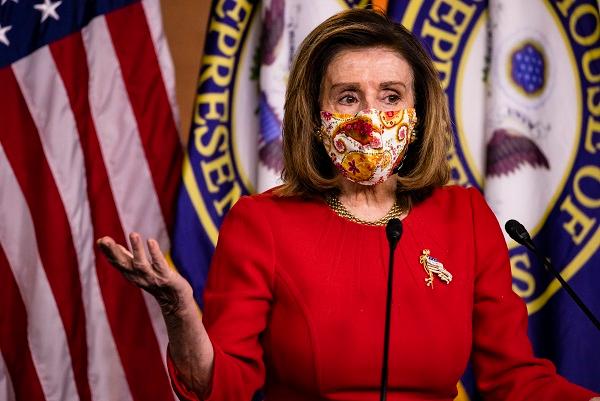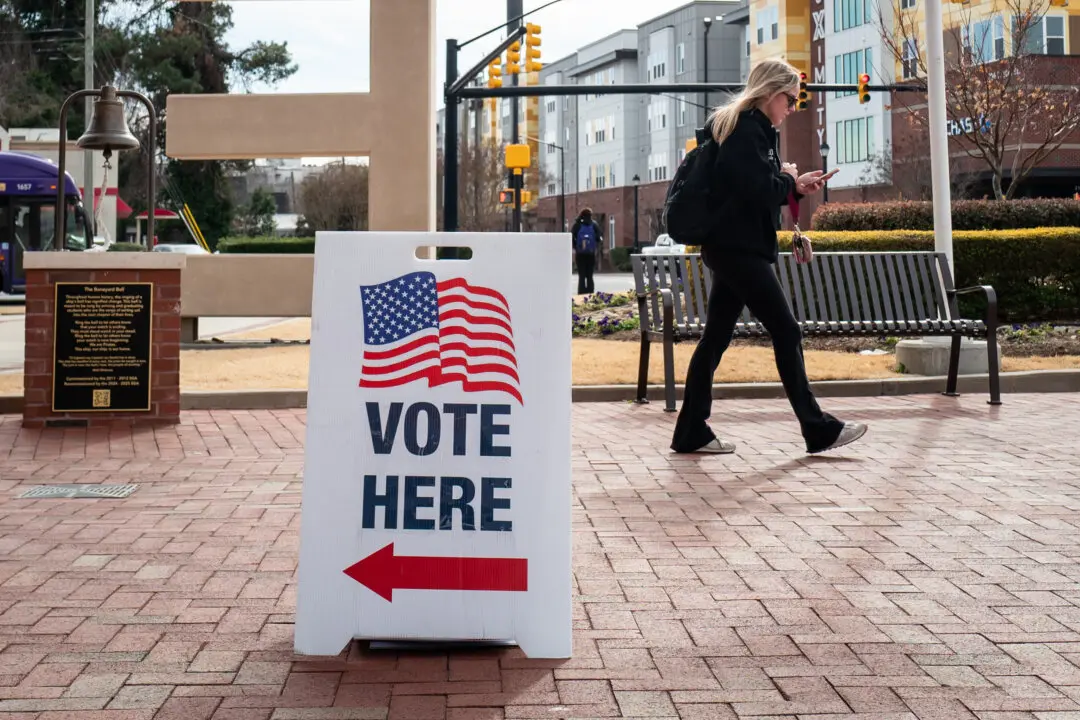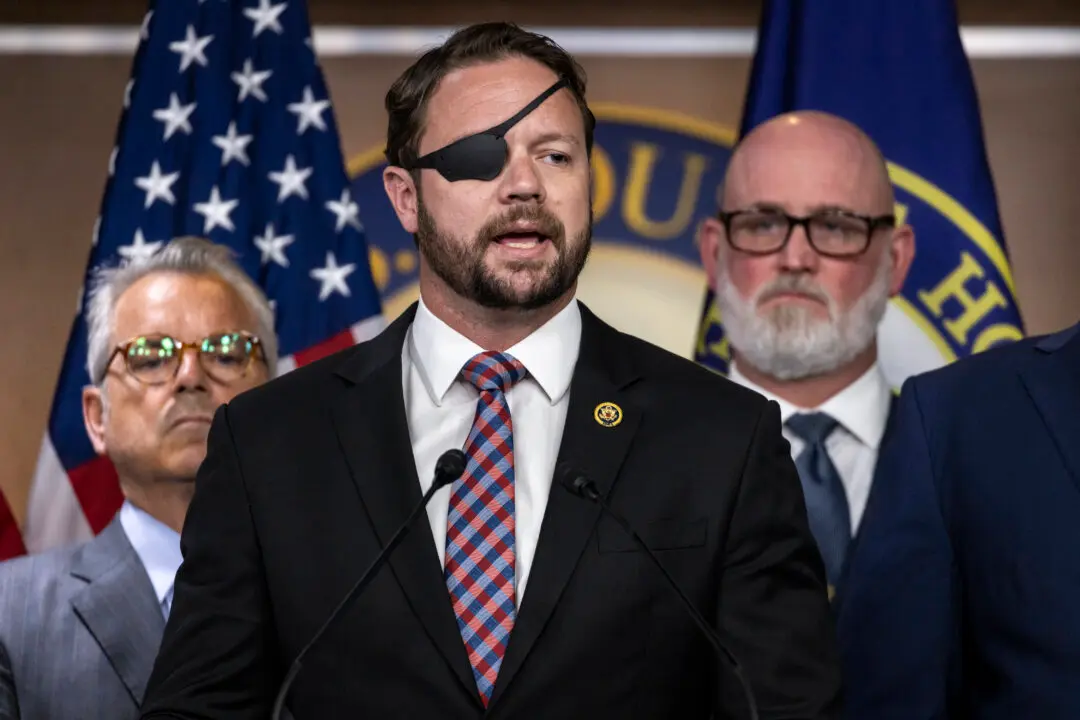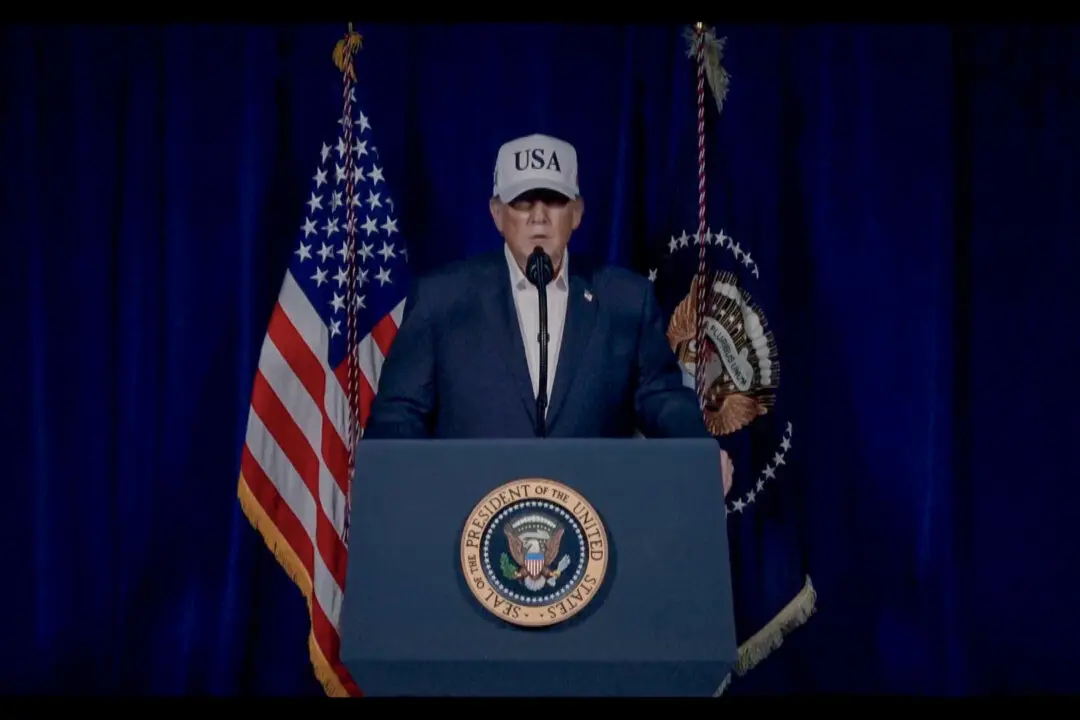As Democrats prepare for an upcoming legal battle over raising the debt ceiling later this month, Speaker of the House Nancy Pelosi (D-Calif.) is looking at attaching a limit increase to the Senate-passed infrastructure bill or Sen. Sanders’ (I-Vt.) $3.5 trillion budget resolution.
The debt ceiling, the federal government’s borrowing limit, can only be raised through congressional action. Should Congress fail to raise the borrowing limit, the U.S. government would face default, a move which Treasury Secretary Janet Yellen says should be “unthinkable.” Such a default, Yellen warned, “would have absolutely catastrophic economic consequences.”




